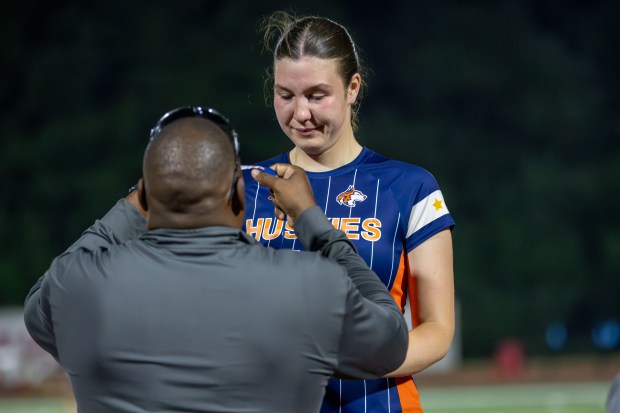Babies are born ready to learn! From the moment they come into this world, children absorb information constantly through their senses.
Every interaction with your child builds the brain connections necessary for future reading success. Simple activities like talking, singing and reading aloud create a stimulating environment that fosters language development and early literacy skills.
“Early literacy” sounds intimidating, but it is essentially everything babies learn before they actually learn to read and write. The most important thing you can do to foster early literacy is to provide an atmosphere that’s fun, verbal and stimulating. When you read, play, sing, talk and write with your child, you’re stimulating the growth of their brain and developing the connections that will become the building blocks for reading.
Grab a book and start READING
Reading aloud to a child is the single most important factor in a child’s interest in reading and their readiness to learn. The more fun a child has reading books, the more likely they’ll become an avid, independent reader. Read anything and everything that your child might enjoy, including pop-up books, picture books, nonfiction and more. And remember— children learn best by example. When they see you enjoying a good book, they’ll want to join in the fun.
Not sure where to start? Try Naperville Public Library’s 1,000 Books Before Kindergarten program. This self-paced program encourages parents, grandparents and caregivers to read to their children regularly from an early age. While 1,000 books may seem like a large number (and it is!), if you read just three books per day for one year, your child will have read 1,095 books.
Reading promotes listening skills, enhances language development, stimulates the imagination, and instills a love of books and learning. And with the library’s program, children will also earn a prize for every 100 books they read. At the end of the program, they’ll receive a new book to keep.
Naperville Public Library also offers summer and winter reading programs in which children can set reading goals, log books and earn prizes!
It’s time to PLAY
Playtime is learning time! Engaging in imaginative play helps young children grasp the connection between spoken words and the world around them. It’s a fantastic way for them to express themselves creatively and develop essential thinking skills.
Discover the joy of shared playtime with our Read & Play Kits. Designed for children under age 5, these themed kits combine books and toys to spark curiosity and learning. With themes like bugs, construction, doctor, emotions and pets, there’s something for every child. Borrow a kit today and watch your child’s imagination soar!
Crank up the tunes and SING along
Songs help children develop listening skills, allow them to hear rhymes and rhythms, and introduce new words and concepts they wouldn’t normally hear in everyday conversation. Singing also slows language so children can listen to how different sounds make different words.
At the library, we offer several musical programs for children each month. Children are encouraged to sing and dance along with our staff. They can try out musical instruments at Groovy Tots, sing aloud to catchy tunes at Music & Movement, or enjoy the songs and rhymes that are incorporated into each of our storytimes.
TALK to them throughout the day
Talking is one of the simplest yet most effective ways to boost your child’s language development. As children listen, they absorb new words and meanings, building a strong foundation for reading comprehension.
To encourage this growth, engage in lively conversations with your child. Imitate their sounds, expand on their babbles, and use expressive language to capture their attention. Point out illustrations in a picture book and talk about the images. Narrate your daily activities to engage your child in the world around them. For instance, instead of simply saying, “Put your shoes on,” elaborate on where you’re going, what you’ll be doing and why. The more words you can introduce, the better equipped your child will be for reading success.
Grab a crayon and WRITE it out
Reading and writing go hand-in-hand. By encouraging early activities like scribbling and drawing, you’re laying the groundwork for your child’s reading journey. These creative pursuits help children understand that marks on a page have meaning, a skill known as print awareness. As they grow, involve them in real-life writing tasks, like creating a grocery list or writing the call number of the book you’re looking for. Some of the first stages of writing involve drawing pictures and then telling stories about what those pictures represent.
Every moment you spend reading, playing, singing, talking and writing with your child helps build the essential skills needed for future reading success.
Ashlee Conour is the marketing specialist at Naperville Public Library.





